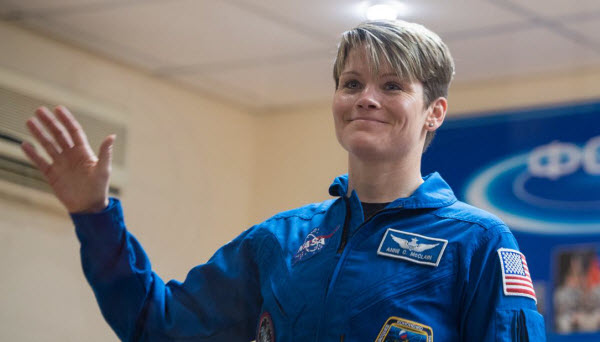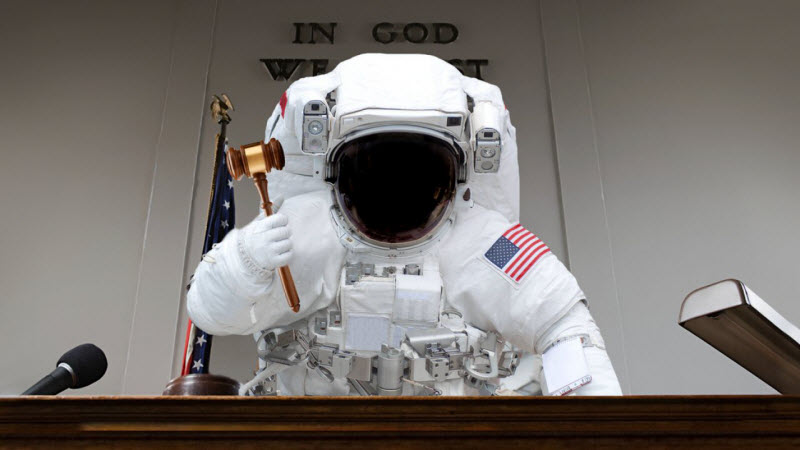Leaving Earth behind doesn’t necessarily mean leaving problems behind. As an astronaut, you may be involved in challenging and complex scientific missions, but you’re still human, with personal issues that can impact your work and create crises. This was evident when NASA faced what might be considered the first crime committed in space. American astronaut Anne McClain was accused of accessing the banking information of her estranged spouse during her time aboard the International Space Station (ISS).
According to various news reports, McClain allegedly accessed the bank account of her former partner, Summer Worden, while on a mission from December 2018 to June 2019. Worden, who worked in Air Force intelligence, discovered that McClain had accessed her banking details following their separation. Worden investigated and found that her account had been accessed from a NASA-affiliated computer network.
This alleged crime left NASA in a quandary over whether McClain had the right to use NASA’s equipment for personal reasons after her separation. The situation was further complicated by reports of threatening emails sent to Worden, adding another layer of complexity to the case.

McClain defended herself on social media, denying any inappropriate behavior during her mission. She claimed she accessed the account to monitor the family’s financial situation, expressing concern for the welfare of Worden’s young child, whom they had adopted together. McClain accused Worden of making poor financial decisions, which worried her regarding the child’s well-being. Worden countered these claims, accusing McClain of fabricating the story to increase her chances of winning custody of the child. The case went to court, and on April 7, 2020, McClain was acquitted of all charges.
This incident, seemingly a typical domestic issue, unexpectedly drew NASA into a significant dilemma. McClain, one of NASA’s most capable astronauts with an impressive record, including over 800 combat flight hours in the Iraq War as an Army Colonel before joining NASA in 2013, found herself at the center of controversy. She was also on the shortlist to become the first woman to land on the moon and was set to participate in a historic all-female spacewalk with fellow astronaut Christina Koch. However, the spacewalk was postponed, and speculation arose that McClain’s alleged misconduct might have been a factor in her exclusion from the mission.
The case of Anne McClain sparked discussions about the concept of crimes committed in space and how to address them. The International Space Station has long-standing protocols regarding misconduct in space, dating back half a century. However, these principles had never been put to the test. According to the Intergovernmental Agreement on Space Station Cooperation, signed in 1998, each participating country has criminal jurisdiction over its nationals in space, provided they do not affect anyone from another country.
